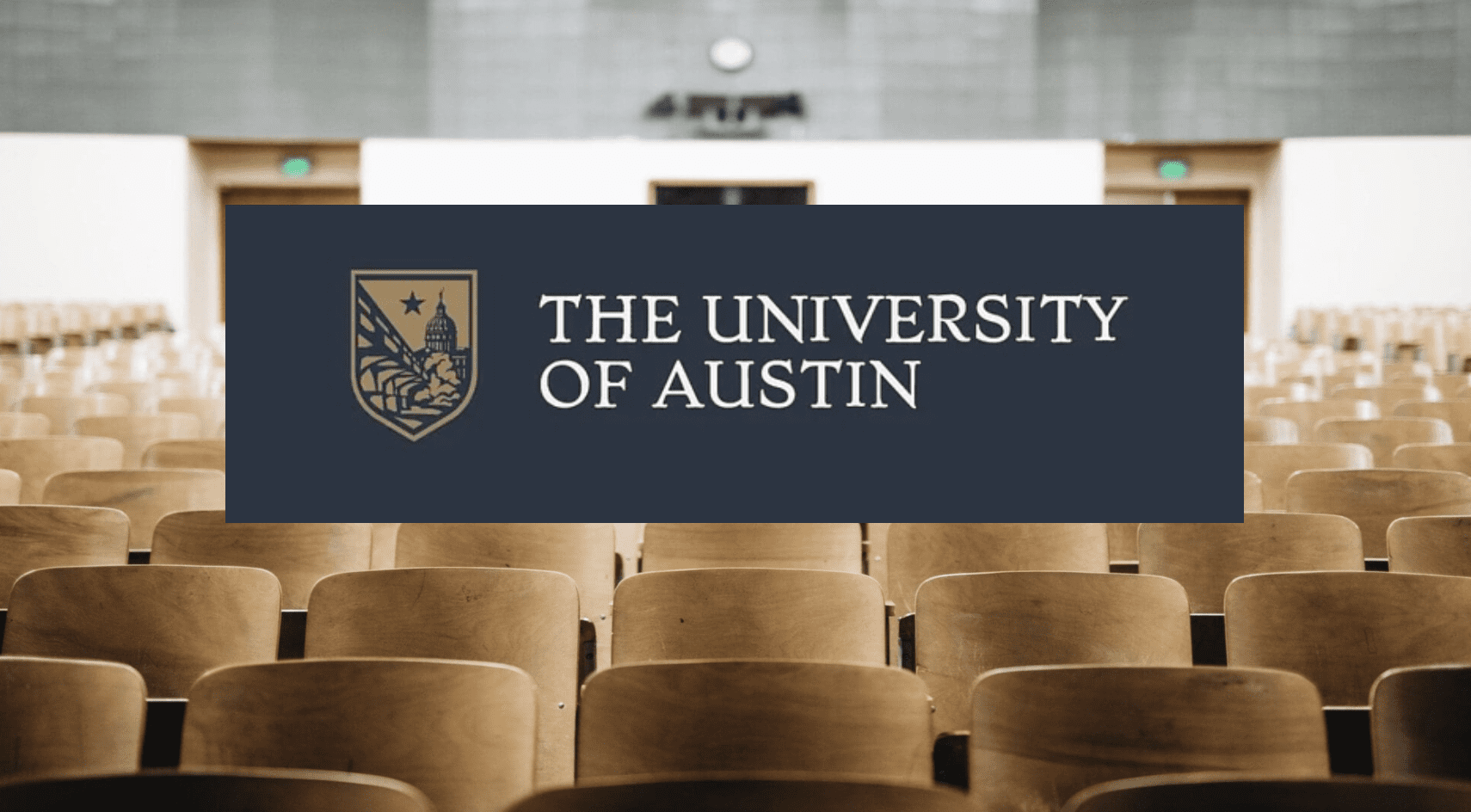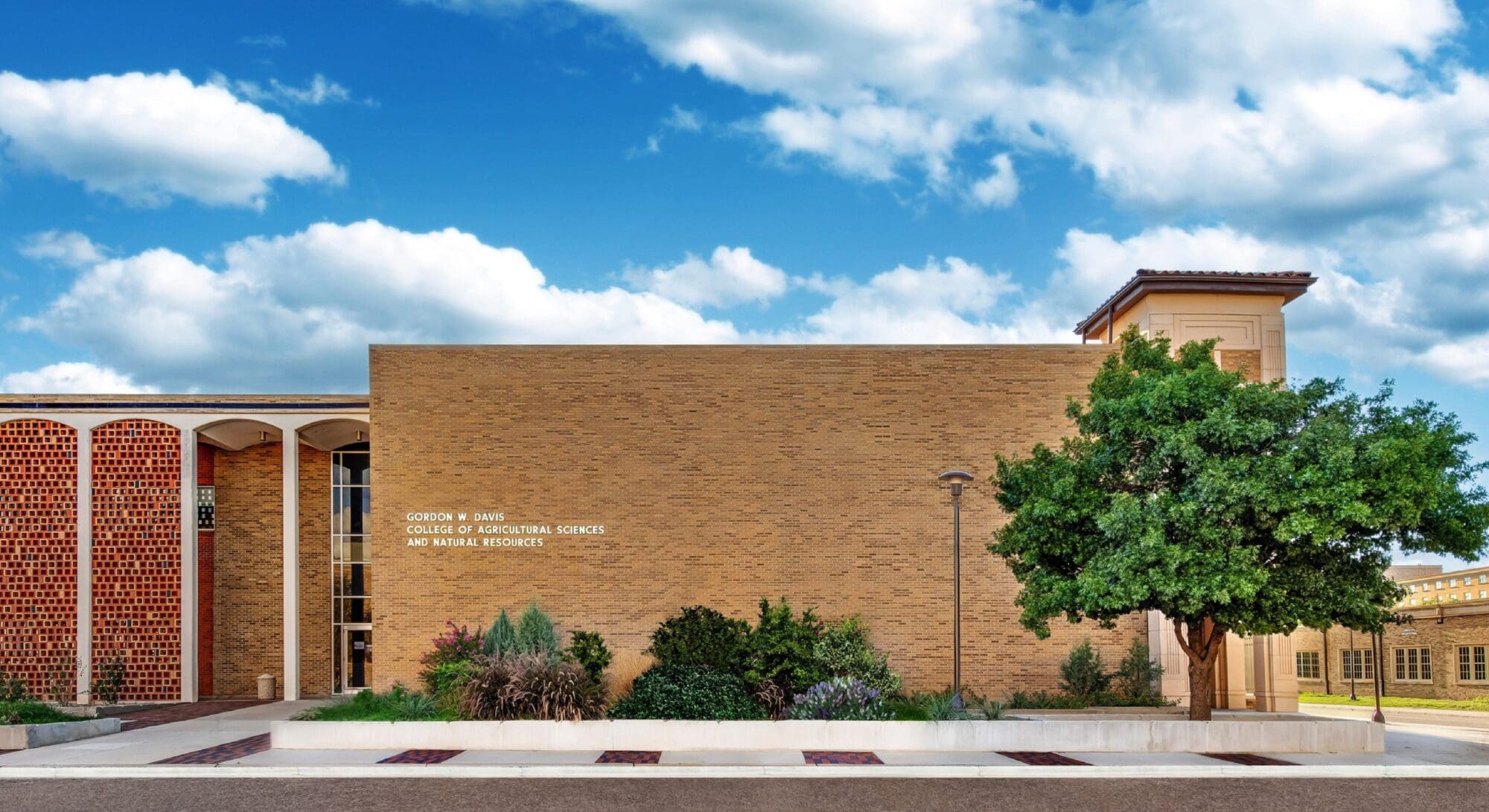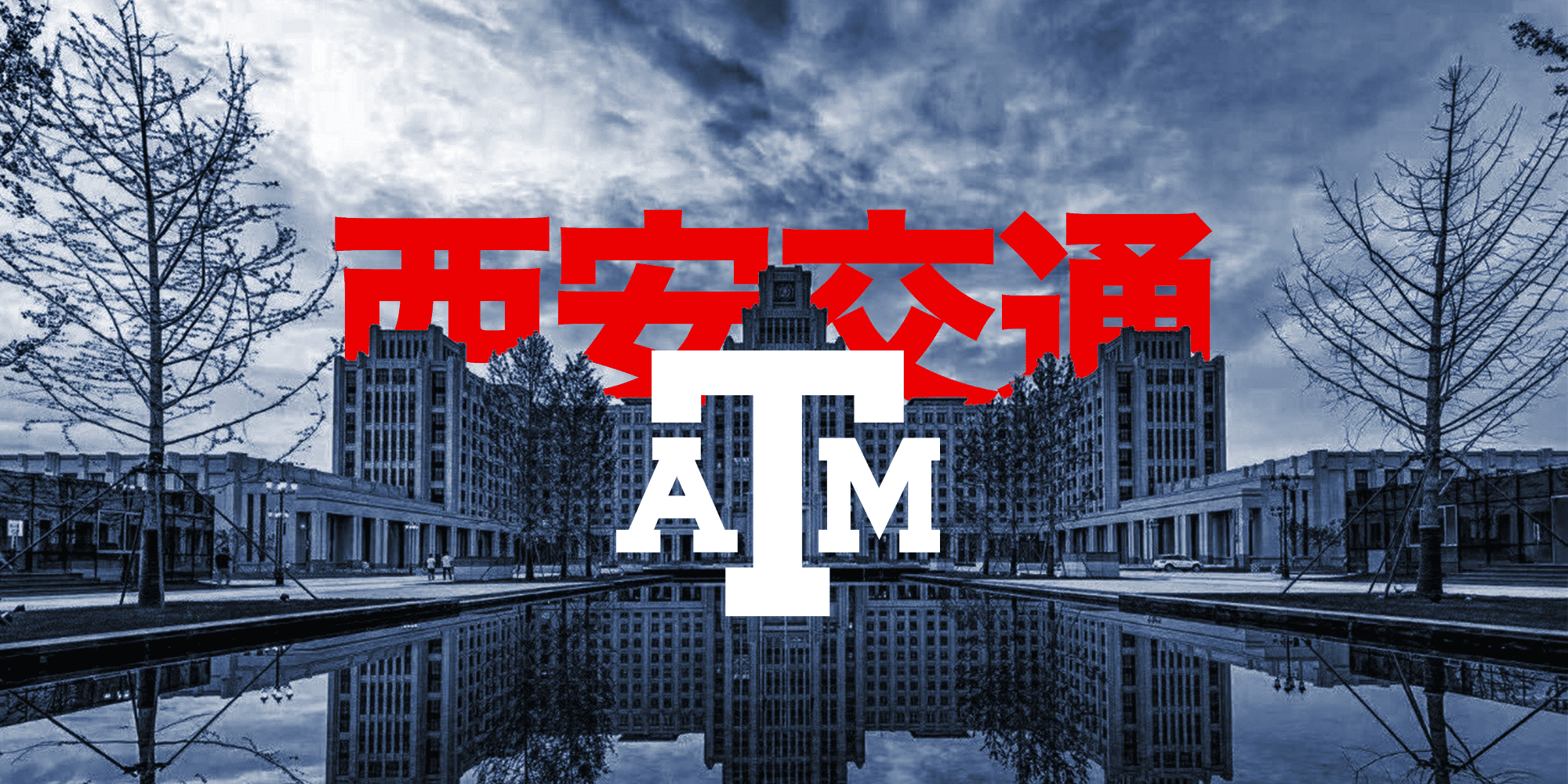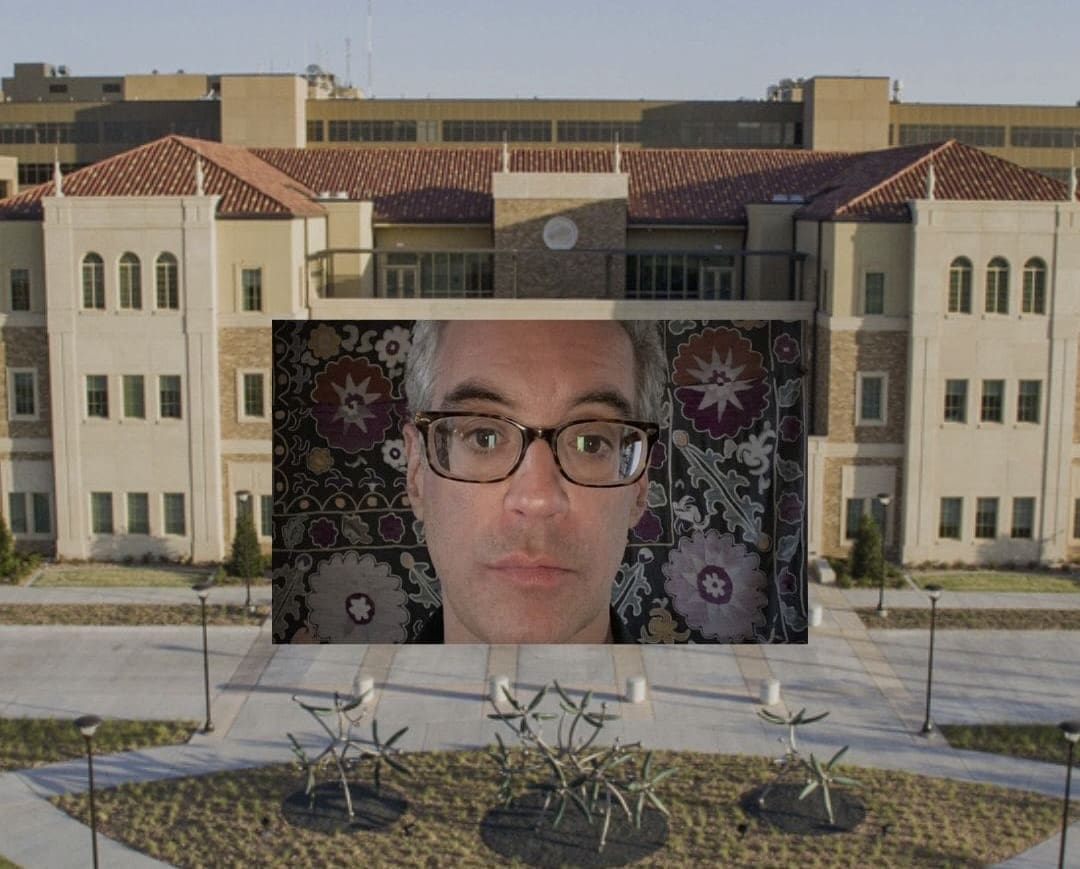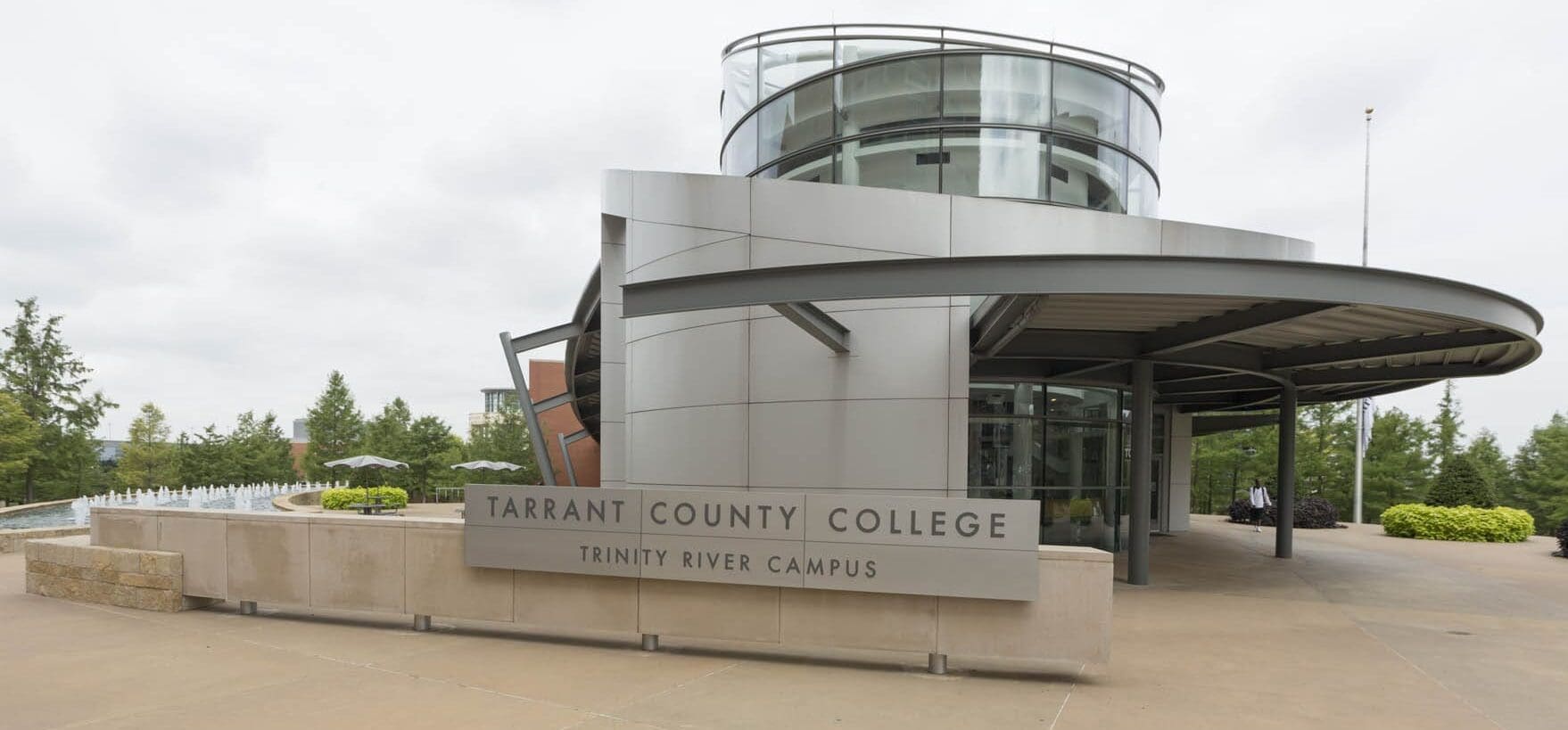The University of Austin, which aims to return higher education to the pursuit of truth and free speech, has opened its doors to the class of 2028.
Gov. Greg Abbott welcomed the founding class to the Texas State Capitol on Monday to celebrate their convocation. University of Austin President Pano Kanelos gave the inaugural convocation speech, calling the creation of the institution “revolutionary.”
“Universities, like Plato’s Academy, are the places that we have dedicated to these very ends: Seeing the world clearly, seeking to be intellectually expansive, learning from one another through conversation, asking fundamental questions,” stated Kanelos, who asked the students and faculty to join him in the pursuit of these ends.
The Free Press published Kanelos’ convocation address along with a short introduction by Journalist and University of Austin Trustee Bari Weiss.
“In an era of so much brokenness—and it’s hard to think of an area of American institutional life more degraded than higher education—sometimes the only thing to do is to begin again,” Weiss wrote.
In 2021, Kanelos announced his intention to leave his position as president of St. John’s College in Maryland and build a new university that prioritizes the pursuit of truth.
Now, the university is set to begin classes in a historic high-rise in downtown Austin. The school will offer a four year Liberal Studies B.A. in which students can choose their area of study in year three. The specializations include Computing & Data Science; Economics, Politics, & History; Ethics & Politics; and Literature & Creative Writing.
“National poll after poll shows increasing dissatisfaction on the part of the American people with higher education. And rightly so,” Thomas Lindsay, Higher Education Policy Director for Next Generation Texas, told Texas Scorecard.
“Simply put, in American higher education today, too many students are paying too much and learning too little, and little was being done about it—until the University of Austin embarked on its project to restore genuine liberal education,” Lindsay added.
Faculty, staff, trustees, and advisors include notable journalists, authors, historians, and researchers such as Niall Ferguson, Rob Henderson, Jonathan Haidt, Lex Fridman, and Michael Shellenberger.
The university’s mission has garnered criticism from liberal columnists, who argue there is “no substance behind the allegedly academic effort” by a “group of conservative and contrarian academics and journalists.”
“The criticisms come from those who apparently haven’t taken the time to investigate the University of Austin’s mission and how it implements it,” said Lindsay. “Students will choose from concentrations in the University’s Centers of Academic Inquiry and be exposed to alternative answers to the great questions of each discipline.”
She continued, explaining, “For example, in the Economics, Politics, and History Center, students will study defenders of private property versus their critics, e.g., Locke versus Marx. Because the University’s curriculum pays proper attention to the classic works in each field, students cannot help but encounter ideas contrary to their own, and that is part of the University’s overarching purpose, because, only through such a curriculum can students hope to develop deep critical thinking skills and, with them, intellectual integrity.”
The university’s first cohort will include 100 students, all able to attend tuition-free due to private donations.
Freshmen will begin classes on September 9.
